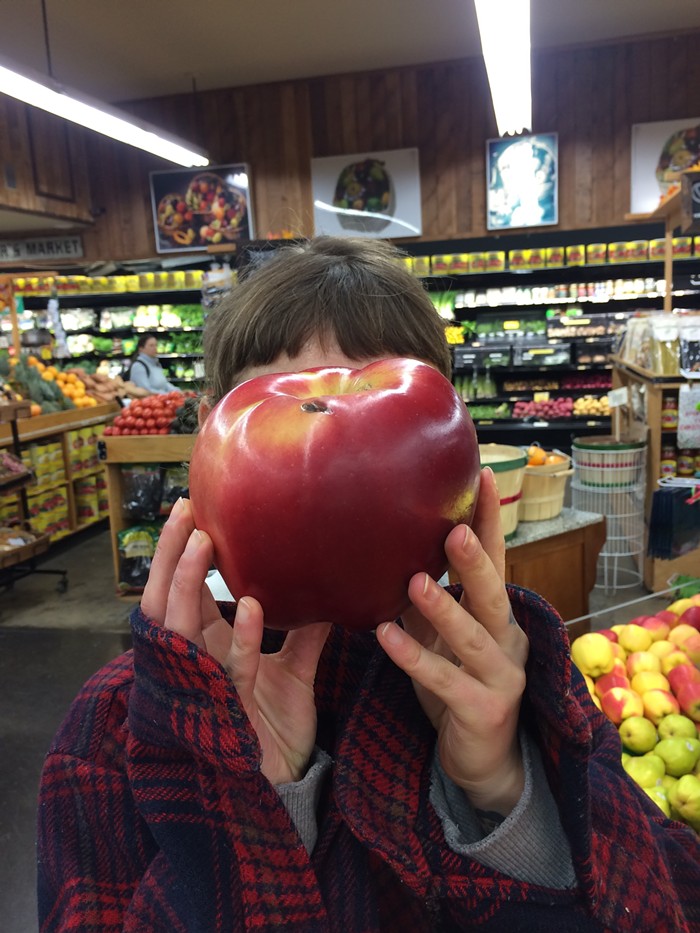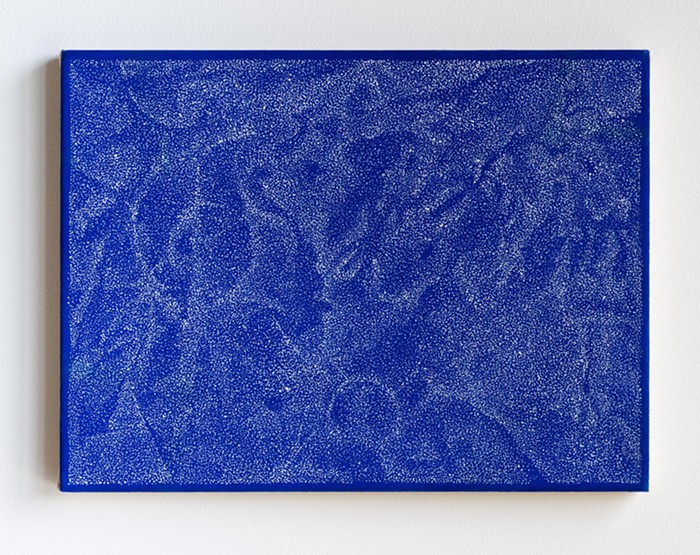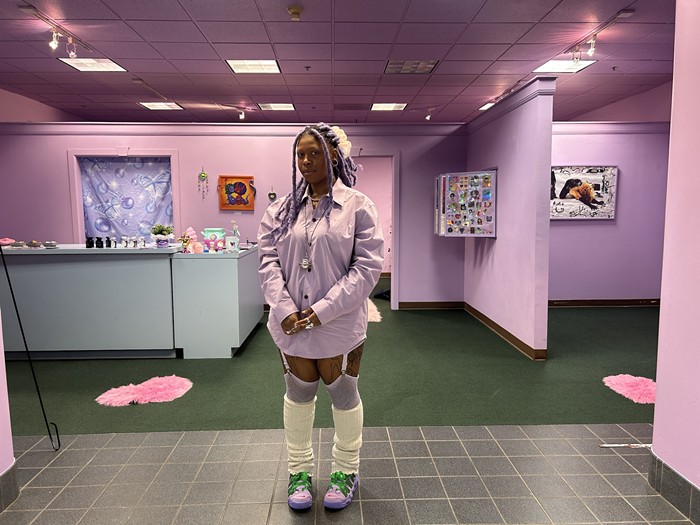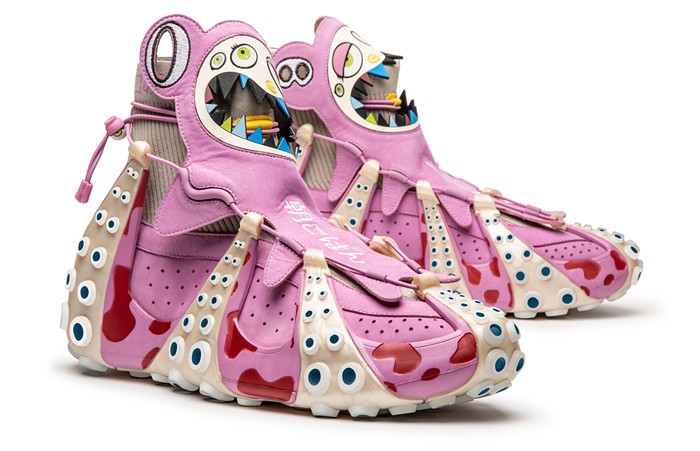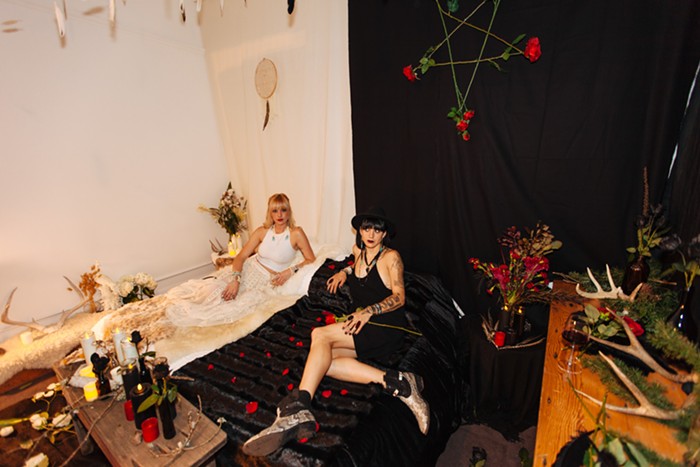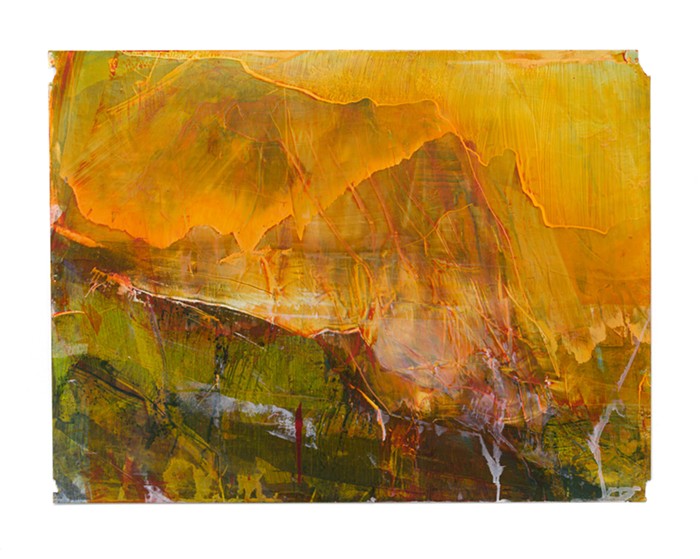Portland’s contemporary art scene may be small compared to that of other West Coast cities, but don’t call it boring. The past two years alone have seen a number of exciting changes: PNCA merged with Willamette University, c3:initiative changed its name to Stelo, and Disjecta became Oregon Contemporary. Galleries all over town opened, closed, moved locations, and shifted visions.
The start of the pandemic sparked fears of an arts apocalypse, but it turns out the arts community is resilient and determined enough to weather all sorts of challenges. (The fact that creativity is built into this sector doesn’t hurt either.)
Two notable local galleries, Blackfish and Chefas Projects, recently announced their plans to move and expand. And while their agendas—one a long-running member-owned cooperative and the other a one-woman operation with a sunny perspective—might sound similar, a little investigation revealed how different their experiences have been.
For Stephanie Chefas, owner and curator of Chefas Projects, serendipity opened the door for the realization of a long-term vision. Chefas moved to Portland from Los Angeles in 2014, with the intention of continuing her curating practice. She opened her eponymous gallery a few years later in Southeast Portland, where she has featured dozens of artists, mostly from the West Coast, whose work fits her eye for bold color and crisp design.
Despite her success, or maybe because of it, she dreamed of finding a space that would allow the gallery to grow, hosting larger shows and more artists. “A lot of the artists I’ve been working with for the past seven years are progressing,” Chefas told the Mercury. “We’re growing together, and I was looking for a space where we could grow even more.” But she didn’t want to make any hasty decisions. “I didn’t want to move just to move, I wanted to move to the right place.”
“It’s been difficult to find space that’s affordable but also conducive to an art gallery,” Chefas said, pointing out that a lot of newer construction has retail space, but is built with large windows. There's often nowhere to hang art. “You need walls!” she said.
Having a friendly landlord made the move a lot easier. Earlier in the year, she'd discovered that her landlord had another, larger space for lease just down the road. “He was generous enough to let me go month-to-month [in the lead-up to the move]... so I didn’t have to interrupt any shows that were already scheduled.”
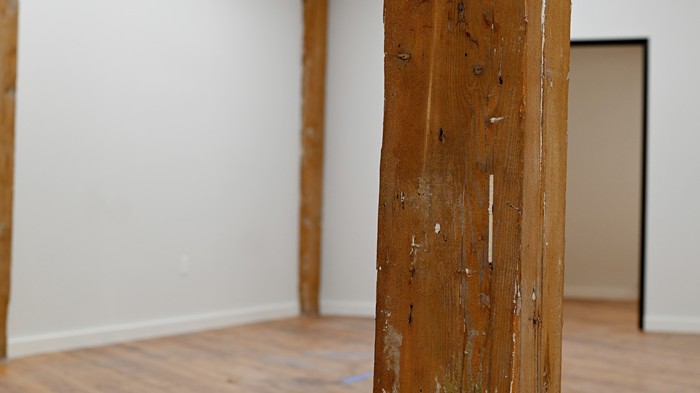
Workers in the new location were busy putting the finishing touches on fresh drywall, while she showed us around. “This is a cool neighborhood because there are all these old warehouses with a lot of character to them,” she said, noting that the feel of the space, with its exposed beams, skylights, and warm wood floors, was similar to her old spot. With more room, Chefas Projects will be able to host two exhibitions at once, as well as move her administrative needs into a dedicated office, a much-needed upgrade from her current work-from-home situation. The move also coincides with a rebrand, guided by Portland-based designer Drew Garza, which dropped “Stephanie” from the gallery’s name and introduced a new logo and updated social media presence.
Chefas Projects’ inaugural show in its new space, titled “Family Affair,” is set to open December 16, and will feature a large group of artists who have shown at the gallery previously, in what is billed as “a celebration of the past seven years, the future to come.”
For Blackfish Gallery, change is nothing new. The member-run nonprofit, which was founded in 1978 and opened its first gallery space the following year, is one of the oldest galleries in Portland. (By their estimation, only Blue Sky and Augen have been around longer.) Since then, they have moved twice, and shown work from over 150 Oregon and Washington member artists. They have been a Pearl District fixture for more than three decades, but the neighborhood has been anything but a fixed quantity.
“The Pearl wasn’t the Pearl when we moved to NW 9th [in 1987],” gallery member and co-chair Ellen Goldschmidt wrote via email. “It was pretty rough. We had to have two gallery sitters each day, because people might get mugged after locking the door as they left.”
Eventually, artist studios, galleries, and shops began opening in the area, “the usual path of gentrification,” as Goldschmidt put it. “First Thursday was a total street party in the early years, with musicians on most corners, artists leaning their works against buildings, ‘alt’ marching bands going down the street.”
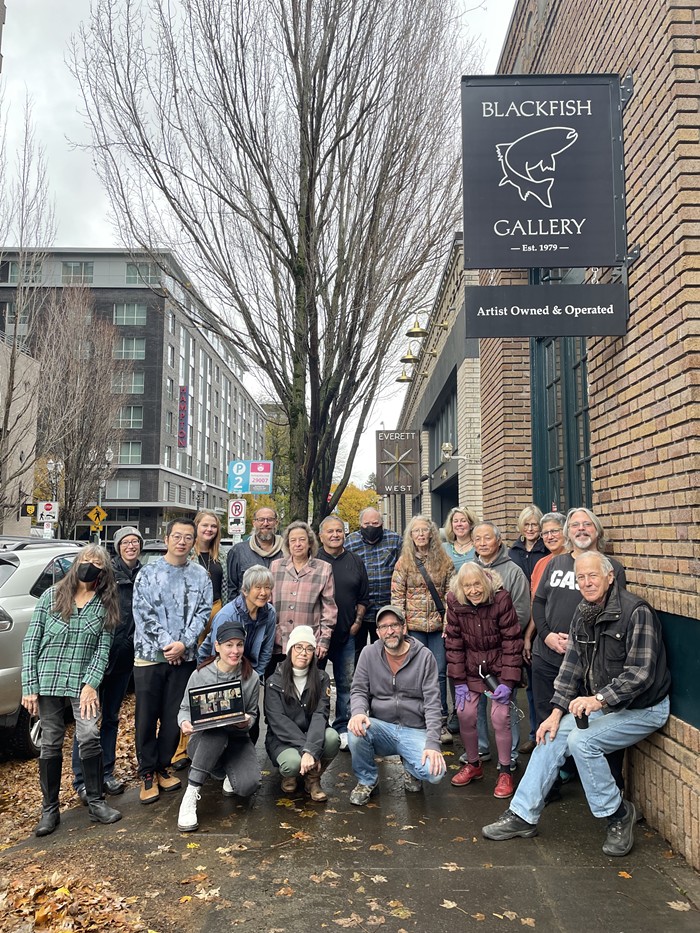
After 35 years, Blackfish’s landlords (a family whom the gallery refers to as “beloved”) informed them, last October, that they were putting the building up for sale. Goldschmidt said the collective took decisive action: “Our search committee spent nine months and countless hours casing the city in search of a new space.” Although other parts of town might have offered sweeter deals, the committee ultimately realized that their neighborhood “was essential to our identity.”
As luck would have it, the perfect space opened up just in time, only three blocks away from the old one, and in a historic brick building that was once home to the Otis Elevator company’s Portland headquarters. Goldschmidt says the collective is looking forward to adding expanded open hours, simultaneous exhibitions, and a shop filled with member artwork for purchase.
But finding the space was just the start. In order to support the costs of moving their gallery, Blackfish owners started a GoFundMe, took a class on commercial leases from Rational Unicorn Legal Services, and leaned on the sweat equity of over 30 artist members—including five of the original founding members, who pitched in to paint, clean, and build out the new space alongside their fellow Blackfishers.
“Our move has created many opportunities for teamwork,” said Goldschmidt, adding that “working together strengthens our artist community and commitment to the gallery. It’s an important part of what makes Blackfish Blackfish.”
Blackfish Gallery reopens for First Thursday with What's Past Is Prologue, showing works from founding-member Barbara Black and her guest artists Angela Passalacqua and Barbara Conyne.
Blackfish Gallery reopens at 938 NW Everett Thurs Dec 1, hours after: Tues-Sun, 11 am-5 pm; Chefas Projects reopens Fri Dec 16 at 134 SE Taylor, Ste 203, hours after: Wed-Sat 12-6 pm.

